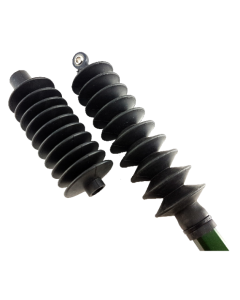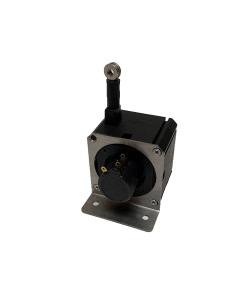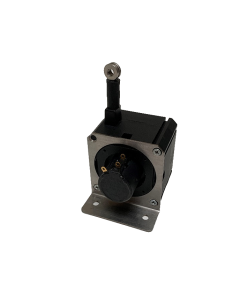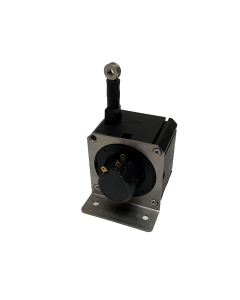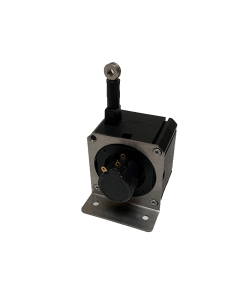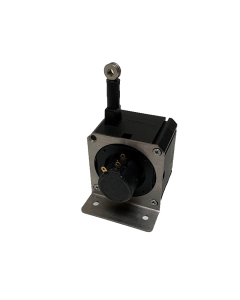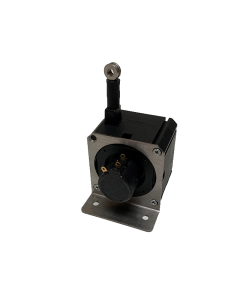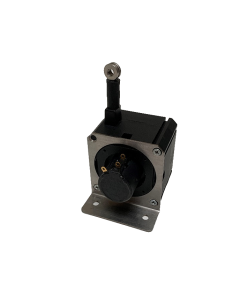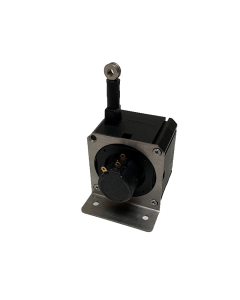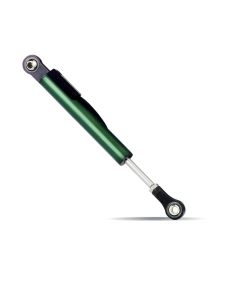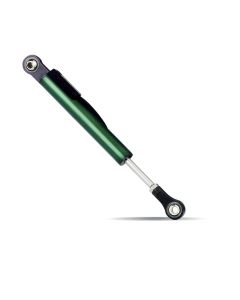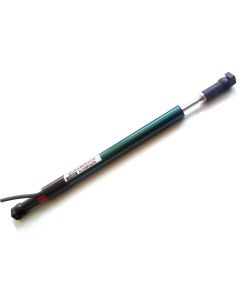- Home
- Linear Position Sensors
Linear PosItIon Sensors
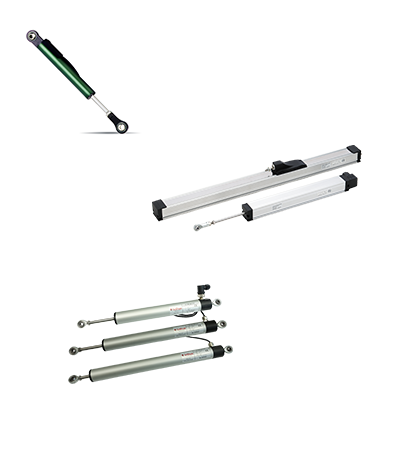
A linear position sensor is a device designed to measure and monitor the linear displacement of an object, providing critical data such as position, speed, and motion direction. These sensors are pivotal across industries, including automation, automotive, medical, and motorsport engineering, due to their versatility and precision.
The technology behind linear position sensors varies. Potentiometric sensors, for instance, work by detecting changes in electrical resistance as a wiper moves along a conductive track. Inductive sensors use electromagnetic fields to measure the position without physical contact, making them ideal for harsh or demanding environments. Each type is tailored to suit specific applications and environmental conditions, enabling their widespread use.
Linear position sensors are employed extensively in industrial automation to ensure precise movements in robotics and manufacturing machinery.
In motorsports and automotive systems, they play a crucial role in monitoring suspension travel, throttle position, and gear shifts.
In medical fields, they support precise operations in imaging systems and surgical equipment. Additionally, in hydraulic systems, they monitor the position of pistons in hydraulic cylinders, which is vital for construction machinery and aircraft operation.
These sensors stand out for their accuracy, repeatability, and ruggedness, making them indispensable in scenarios that demand reliability under extreme conditions. With flexible output signals, they integrate seamlessly into complex systems, enhancing their appeal across various sectors.
Linear Position Sensors
72 Items
Items 1-12 of 72
Short Code:
Credit Limit:
Current Balance:

